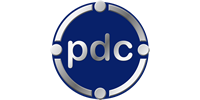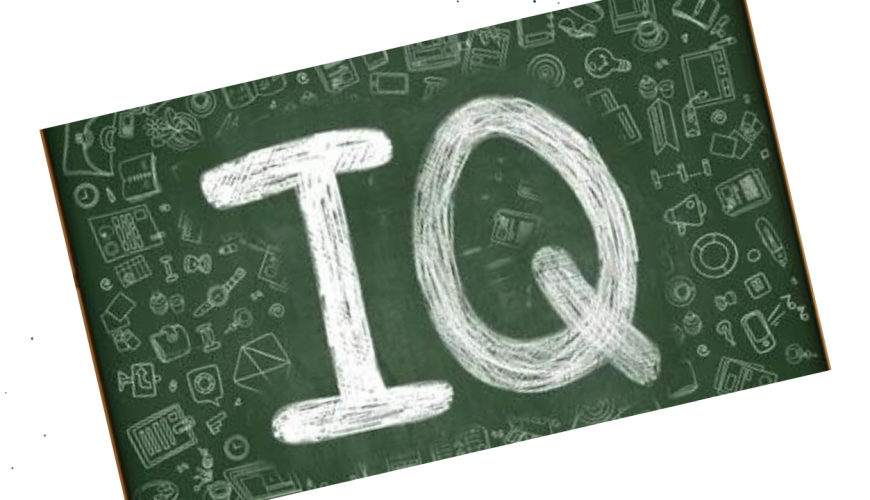When Professor Richard Muller, the Author of ‘NOW, the Physics of Time’ was asked to comment on the whole hullabaloo about IQ, he had this to say; “‘Intelligence,’ as measured by IQ is a ridiculously over-rated parameter. I’m constantly meeting people who are clearly more intelligent than I am (in the IQ sense) who have had frustrating and non-productive lives.”
Several questions have been asked and answered on this matter
- To the question of whether there other intelligences that may matter more than IQ, the answer is yes!
- To the question of whether hard work can beat IQ, the answer is yes!
- To the question of whether it takes more than IQ to win in life, the answer is yes!
According to the Alchemy of Mind, IQ tests favor memory skills and logic, overlooking artistic creativity, insight, resiliency, emotional reserves, intra/interpersonal skills, sensory gifts, and life experiences, they can’t really predict success, let alone satisfaction. According to a study by Carnegie Institute of Technology, “85% of your financial success is due to skills in “human engineering,” your personality and ability to communicate, negotiate, and lead. Shockingly, only 15% is due to technical knowledge. (i.e., IQ). In a different study, Daniel Kahneman (Israeli-American Nobel Prize winner) found that “People would rather do business with people they like and trust rather than someone they don’t, even if the likeable person is offering a lower quality product or service at a higher price”
There exists other forms of intelligence that matter as much as, and often times more than your IQ score. Such forms have also been shown to be better predictors of personal and professional achievement than IQ. They include Emotional Intelligence (EQ), Social Intelligence (SI), Moral Intelligence (MQ), and Body Intelligence (BQ). None of these intelligences is absolute, but closely related
Emotional Intelligence: Refers to the ability to be consciously aware of your own feelings and how they affect others, be consciously aware of other people’s emotional states and act towards them using emotions that are appropriate to the situation, show empathy, be self-motivated, and be able to start and sustain meaningful relationships. Whereas cognitive abilities may help one solve complex mathematical problems, it is emotional quotient that places one in a position to handle the complexities of life!
Social Intelligence: Tied to EQ, it refers to your ability to build meaningful human relationships, and your competence in navigating diverse social environments. ‘Social smarts’ have been shown to outsmart ‘Book smarts’ in several ways. This is attributed to the scientific findings that strong and healthy relationships boost the human immune system, helping combat diseases, loneliness and unhealthy, weak relationships cause stress and depression, thus causing health problems. Human beings are wired to connect, and our brains respond in health terms when we do.
Moral Intelligence: This form of intelligence encapsulates your ability to act with integrity, be responsible, show sympathy, be able to forgive, and keep your word. Never forgetting that honesty is still the best policy
Body Intelligence: This refers to how well you know your body, how you feel about it, and how well you take care of it. The body is always communicating to us, and when we pay attention its signals, we can avoid trouble later. Eat right, with more natural foods, and less highly processed foods, exercise, rest …and never forget, the state of your mind directs your body, and the state of your body can direct the mind!
IQ is necessary for logical reasoning, but on its own, it is not predictive of personal and professional progress, or success in other aspects such as relationships, business, and coping with the shifts that characterise life. There is need therefore to invest in the other forms of intelligence besides IQ, which our education system stresses, if we are to handle the stresses that come with the system!
Do you need any support as an individual or institution? We are ready to support you. Take the Personal Development Challenge and benefit from a thirty minute free consultation

